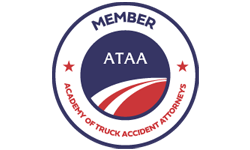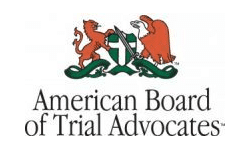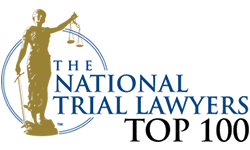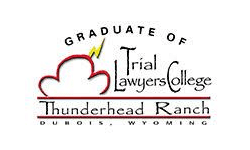
Previously, adults with non-small cell lung cancer and whose tumors have a specific genetic mutation, called KRAS G12C, didn’t have the option of drug therapy because the tumors were resistant to drugs. This is a large problem because the KRAS mutation affects almost 25 percent of patients with non-small cell lung cancer, and the KRAS G12C mutation affects 13 percent of patients with non-small cell lung cancer.
The KRAS genetic mutation affects the regulation of cell growth and division. This means that lung cancer patients with the KRAS mutation don’t have the genetic code to regulate the growth and division of cancer cells, which allows them to keep growing and dividing. Lung cancer has the highest mortality rate, and this mutation increases that rate.
Recently, though, these patients were given a new option for treatment through the FDA approval of Lumakras (sotorasib). This is the first drug approved to treat this specific form of drug-therapy resistant lung cancer for patients who have received at least one prior treatment of systemic therapy.
Lumakras was approved by the FDA to treat KRAS-G12C-mutated non-small cell lung cancer through the Accelerated Approval pathway. They used this pathway because there is a current medical need for the drug, and its effects shown through clinical trial show there would be a benefit from this drug. Even though it was approved, it will go through more trials for a full FDA approval.
In the clinical trials done, they performed a study with 124 patients. All of the patients had KRAS-G12C-mutated non-small cell lung cancer that was advanced or metastatic. They also showed disease progression even after receiving other treatments, like an immune checkpoint inhibitor or platinum-based chemotherapy.
In these patients, 36 percent of them had tumors reduce in size or they were destroyed. 58 percent of patients who had these results saw them in six months or longer on the drug. These were major results, which is what prompted the approval. As with any drug, there are some possible side effects. Some of the most common side effects are diarrhea, musculoskeletal pain, nausea, fatigue, liver damage, and cough.
One of the main causes of non-small cell lung cancer is asbestos. If you’ve been exposed to asbestos by working in the shipyard or construction industry or while serving in the military in Hawaii or along the west coast and have developed lung cancer, or another cancer like mesothelioma, then you could use the help of a lawyer from Frost Law Firm, PC. Reach out to us today so that we can discuss your legal options.



















